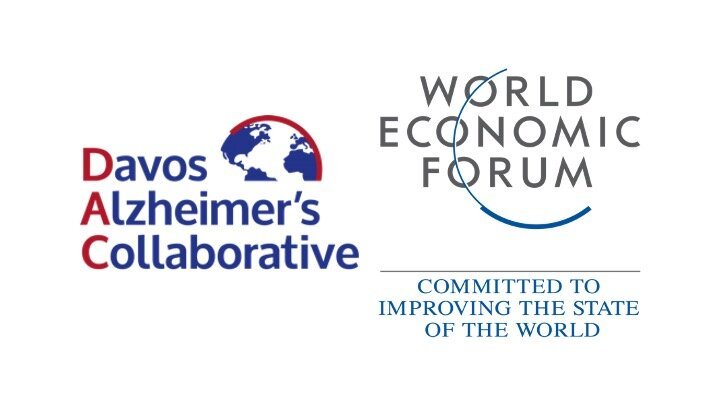Davos Alzheimer’s Collaborative Early Detection Demonstration Project in the UK
The Davos Alzheimer’s Collaborative (DAC) Healthcare System Preparedness program is proud to announce the launch of the Early Detection Demonstration Project in the UK, as an addition to the ongoing READ-OUT study. This initiative will integrate digital cognitive assessments alongside cutting-edge blood biomarker tests, aiming to improve early and accurate diagnosis of Alzheimer’s disease and related dementias.
Putting the ‘Brain Economy’ on the Map of Global Health Priorities
DAVOS – With populations ageing and mental health disorders at a record high, halting the global “pandemic” of brain disorders needs to be a paramount concern of industry – as well as the global health community.
What is needed is a global effort spawning a “healthy brain economy” for the future, reflecting the same sense of commitment and investments as those displayed in preventing childhood diseases.
WHO DIRECTOR-GENERAL TEDROS ADHANOM GHEBREYESUS TO DELIVER KEYNOTE TO DAC BRAIN HOUSE AT WEF 2025
DAVOS, SWITZERLAND, January 20, 2025 - The Davos Alzheimer’s Collaborative (DAC), a pioneering worldwide initiative seeking to advance brain health and resilience throughout life, today announced that Dr. Tedros Adhanom Ghebreyesus, Director-General of the World Health Organization (WHO), will deliver a keynote speech at the DAC Brain House on Tuesday, January 21, at 2:30 p.m. CET, at the World Economic Forum Annual Meeting (WEF) in Davos, Switzerland.
DAVOS ALZHEIMER’S COLLABORATIVE LAUNCHES THE BRAIN HOUSE AT DAVOS TO DRIVE ECONOMIC GROWTH AND PRODUCTIVITY
DAVOS, SWITZERLAND, January 17, 2025 - The Davos Alzheimer’s Collaborative (DAC), a pioneering worldwide initiative seeking to prevent Alzheimer’s disease, today announced the Brain House, a transformative undertaking to leverage the strength and resilience of the human brain to drive innovation, workforce productivity and economic growth.
Davos Alzheimer’s Collaborative and pharmaceutical and diagnostics companies work together on Alzheimer’s disease blood biomarker validation
The Davos Alzheimer’s Collaborative (DAC), a pioneering worldwide initiative seeking to cure Alzheimer’s disease and improve brain health, today announced they will work with Janssen Research & Development, LLC, a Johnson & Johnson company, and Beckman Coulter Diagnostics, two leading pharmaceutical and diagnostics companies, to advance the assay validation of blood-based biomarkers (BBMs) for Alzheimer’s disease for global use in diverse populations.
US FELLOWSHIP PROGRAM LAUNCHED TO ACCELERATE EARLY DETECTION OF COGNITIVE IMPAIRMENT AND ALZHEIMER’S DISEASE
The Davos Alzheimer’s Collaborative (DAC), a pioneering worldwide initiative seeking to cure Alzheimer’s disease and improve brain health, today announced the launch of its U.S. Early Detection Fellowship Program, an initiative to support health systems in implementing early detection of cognitive impairment and Alzheimer's disease in primary care settings across the United States. As Americans have learned from their experience with cancer, detecting Alzheimer’s in a timely manner is important in extending life and saving healthcare costs. The costs of caring for people living with Alzheimer's and other dementias are projected to reach $360 billion — in 2024 alone — not including the value of unpaid caregiving.
Rep. Bera Introduces Bipartisan Global Alzheimer’s Initiative Now (GAIN) Act
Washington DC, November 20th, 2024 - U.S. Representative Ami Bera, M.D. (CA-06) introduced the bipartisan Global Alzheimer’s Initiative Now (GAIN) Act alongside Reps. Brian Fitzpatrick (R-PA-01) and Young Kim (R-CA-40).
Advancing Global Collaboration on Alzheimer’s Disease, Brain Health, and Healthy Aging: Five Bold Actions to Launch the Next Phase of G7 Commitment
On October 8th, the Davos Alzheimer’s Collaborative, with the European Brain Council, the Global CEO Initiative on Alzheimer’s Disease, the Associazione Italiana Malattia di Alzheimer and Fondazione Prada, convened global leaders on the sidelines of the G7 Health Ministerial Meeting to address the escalating global challenge of Alzheimer’s and dementia. Coming out of this pivotal discussion, we introduce a bold call to action: Advancing Global Collaboration on Alzheimer’s Disease, Brain Health, and Healthy Aging – Five Bold Actions to Launch the Next Phase of G7 Commitment.
Davos Alzheimer’s Collaborative Sounds Alarm on the Urgency of a Sustained Global Response to Alzheimer’s, Calling on G7 Leaders to Move Swiftly
Regions of the genome associated with Alzheimer’s disease and dementia in African populations will be presented at the Future of Dementia in Africa conference on September 11-12, 2024. The studies highlight discrepancies compared to Caucasian populations and underscore that a lack of diversity in genomic studies potentially limits the effectiveness of targeted therapies across diverse populations.
Dementia surge in Africa demands research, innovation
Dementia is becoming a major public health issue in Africa as its population ages.
In 2015, Sub-Saharan Africa had more than two million people living with dementia. By 2050, this figure is expected to reach nearly eight million, according to Alzheimer’s Disease International.
Despite this, there remains a huge gap in research and evidence on dementia in the region.
African scientists are worried about a different demographic explosion
NAIROBI — African countries face a sharp increase in dementia cases due to longer life expectancies and healthcare systems that are inadequately resourced to treat the growing number of elderly patients, scientists have warned.
Call to demystify dementia as Kenya's population ages and family support declines
Over 250 experts from 35 nations attended the 'Future of Dementia in Africa' conference in Nairobi last week.
BMI hosts global conference on future of dementia in Africa
The inaugural Future of Dementia in Africa: Advancing Global Partnerships conference successfully concluded in Nairobi, marking a landmark achievement in the pursuit of brain health and dementia care across the African continent. Co-hosted by Aga Khan University’s Brain & Mind Institute, the Davos Alzheimer’s Collaborative (DAC), and Nature Conferences, this landmark event united over 200 researchers, policymakers, healthcare professionals, and industry leaders from Africa and around the world, setting a new benchmark for global collaboration in tackling dementia.
Dementia in Africa, a looming disaster
Africa has the youngest population of people across the globe. By 2050, Africans will make up a quarter of the world’s population. So for most people, dementia and Alzheimer’s are far from their minds. But experts are warning that’s a mistake. As people in African countries live longer, the burden of cognitive diseases is expected to skyrocket. Most of Africa is not prepared. The World’s Africa correspondent Halima Gikandi reports from Nairobi, Kenya.
Ground-breaking study on Dementia launched in Nairobi
The Aga Khan University’s Brain & Mind Institute in partnership with The Davos Alzheimer’s Collaborative (DAC) and Nature Conferences, has hosted a conference that brings together experts from across Africa and the world to address key issues affecting people with dementia.
Aga Khan University Hosts Conference On Tackling Dementia, Brain Health In Africa
Africa faces unique challenges in addressing dementia, including limited resources, varying levels of healthcare infrastructure and a need for greater awareness and education.
These were the sentiments echoed during the opening ceremony of the inaugural conference on brain health and dementia.
The conference, hosted by Aga Khan University’s Brain & Mind Institute in partnership with The Davos Alzheimer’s Collaborative (DAC) and Nature Conferences, brings together experts from across Africa and the world to address key issues and share the latest research on the epidemiology of dementia, including contributing risk factors, genetic advances, clinical trials, early detection, and diagnosis.
Africa Can Harness Traditional and Digital Tools to Ensure Better Dementia Care and Treatment
Africa can harness community care, traditional health, exercise and digital tools to treat dementia as its population ages, according to experts on the second day of Nature’s “Future of Dementia in Africa” conference,.
The conference, the first of its kind in Africa, was presented in conjunction with the Davos Alzheimer’s Collaborative and Aga Khan University and ran from 11-12 September in Nairobi.
Africa confronts dementia crisis with global expertise at inaugural conference
The Inaugural Conference on Brain Health and Dementia has set the stage for crucial discussions on addressing the continent's growing dementia crisis.
Hosted by Aga Khan University’s Brain & Mind Institute in collaboration with The Davos Alzheimer’s Collaborative (DAC) and Nature Conferences, this landmark event brings together global experts to tackle pressing issues in dementia research and care.

News & Press
DAC is dedicated to ending Alzheimer’s disease everywhere by coordinating an unprecedented global response. Get the latest on DAC’s efforts, impact and thought leadership.
















